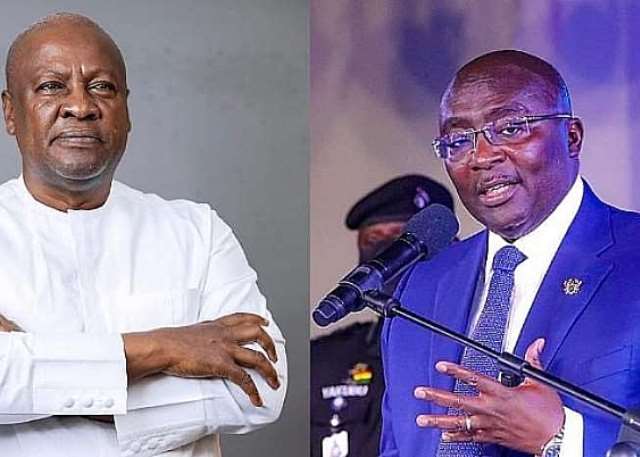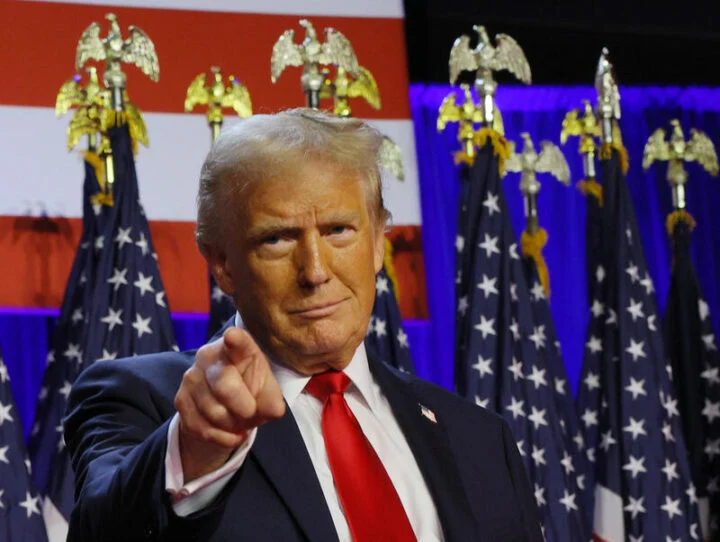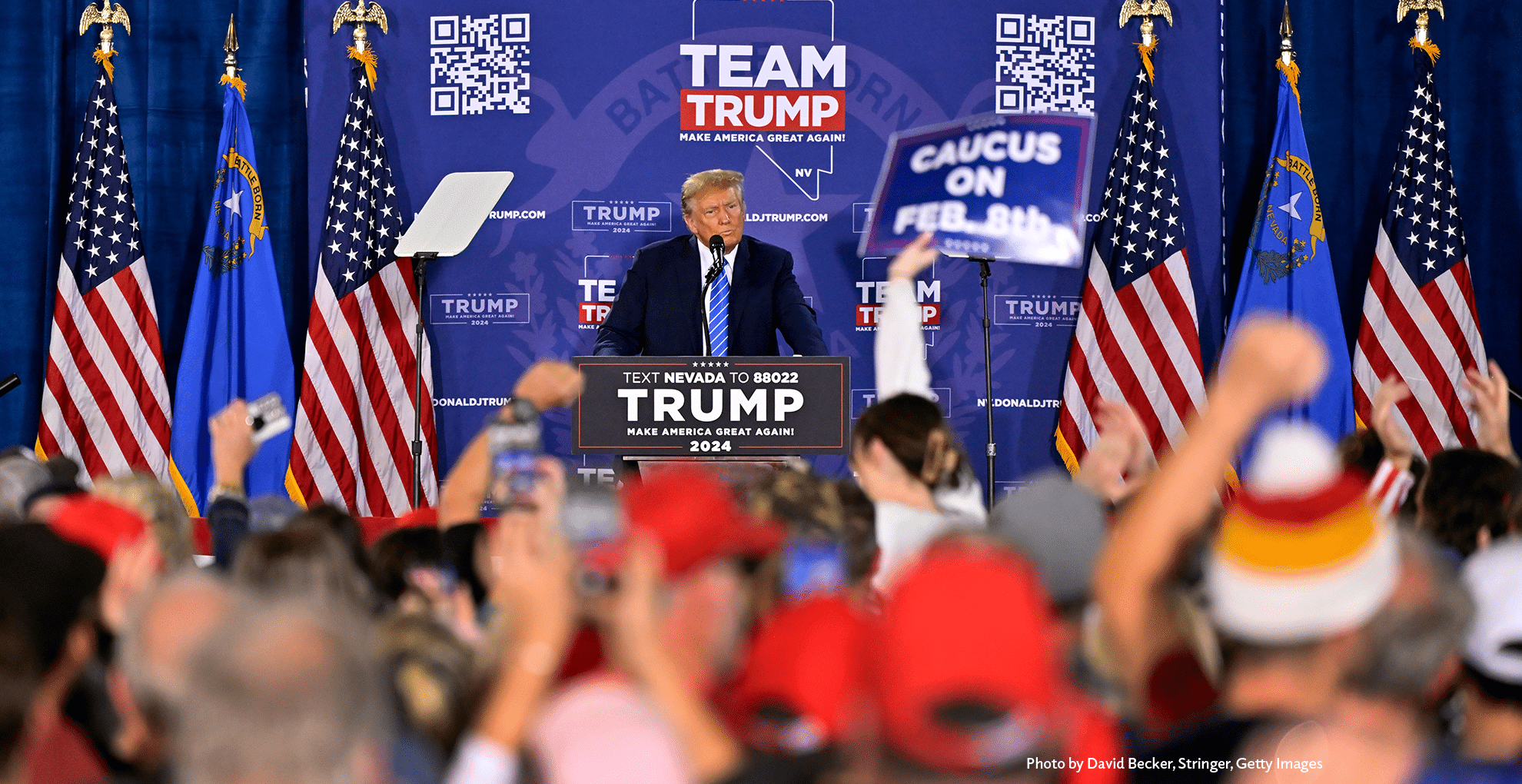Former President John Dramani Mahama has recently taken aim at Vice President Dr. Mahamudu Bawumia, criticizing him for sidestepping direct answers to critical economic questions.
This exchange follows Mahama’s earlier challenge, where he posed five essential questions regarding the economy, only to receive a response from Dr. Bawumia that included a lengthy list of unrelated points.
It seems our Vice President has just grasped some basic responses,” Mahama remarked. “His answers remind me of the way we learned nursery rhymes like ‘Baa Baa Black Sheep’ and ‘Humpty Dumpty sat on a wall.
I asked five straightforward questions about the economy that Ghanaians want answered. Instead, he talks about how many compost plants he has built, which is not the issue at hand.
Mahama drew a historical parallel to the 1992 U.S. presidential election between Bill Clinton and George H.W. Bush. At that time, the American economy was in recession, much like Ghana’s current economic crisis.
During that election, while discussions were dominated by various irrelevant topics, the Clinton campaign famously stated, ‘It’s about the economy, stupid!’ Today, I echo those sentiments: this election is fundamentally about the economy, not trivial matters like compost plants or other distractions.
He urged Bawumia to directly address these pressing economic concerns rather than waiting for a debate format to provide answers.
Mahama pointed out that when Bawumia previously questioned the late Vice President Amissah Arthur with a staggering 170 inquiries, he did not require a debate for responses. “When you posed 170 questions to Amissah Arthur, you didn’t wait for a debate for him to answer,” Mahama stated.
Ghanaians are asking you five simple questions just answer them. President Akufo-Addo has also posed two questions that need addressing. This is what Ghanaians are looking for.
This exchange highlights the growing frustration among citizens regarding economic management and accountability in government.
As the nation gears up for upcoming elections, voters are increasingly focused on candidates’ ability to tackle pressing issues rather than diverting attention with unrelated accomplishments.
In summary, Mahama’s call for direct answers reflects a broader demand for transparency and accountability in governance as Ghanaians seek clarity on economic strategies and solutions during these challenging times.
The public is eager for engagement from their leaders on issues that impact their daily lives and future prospects.




